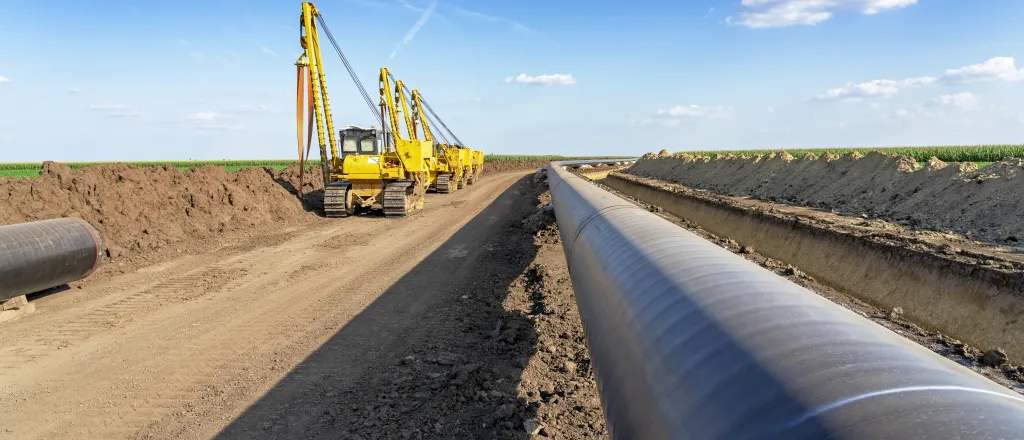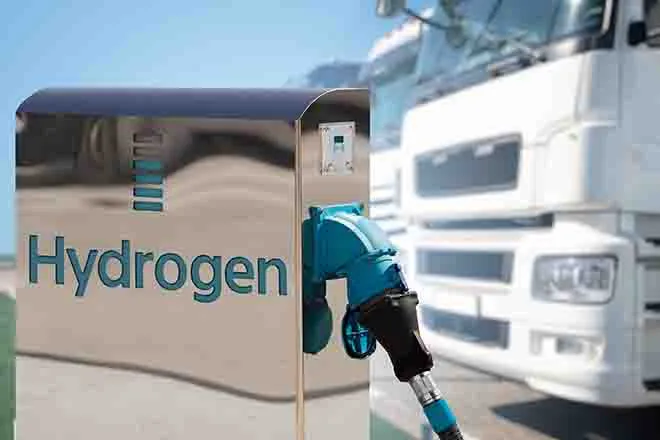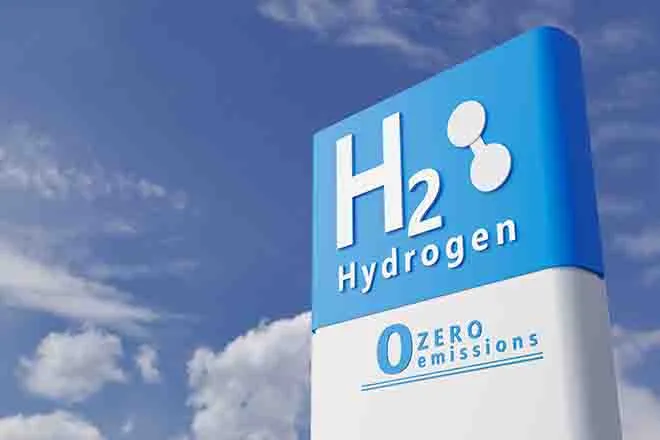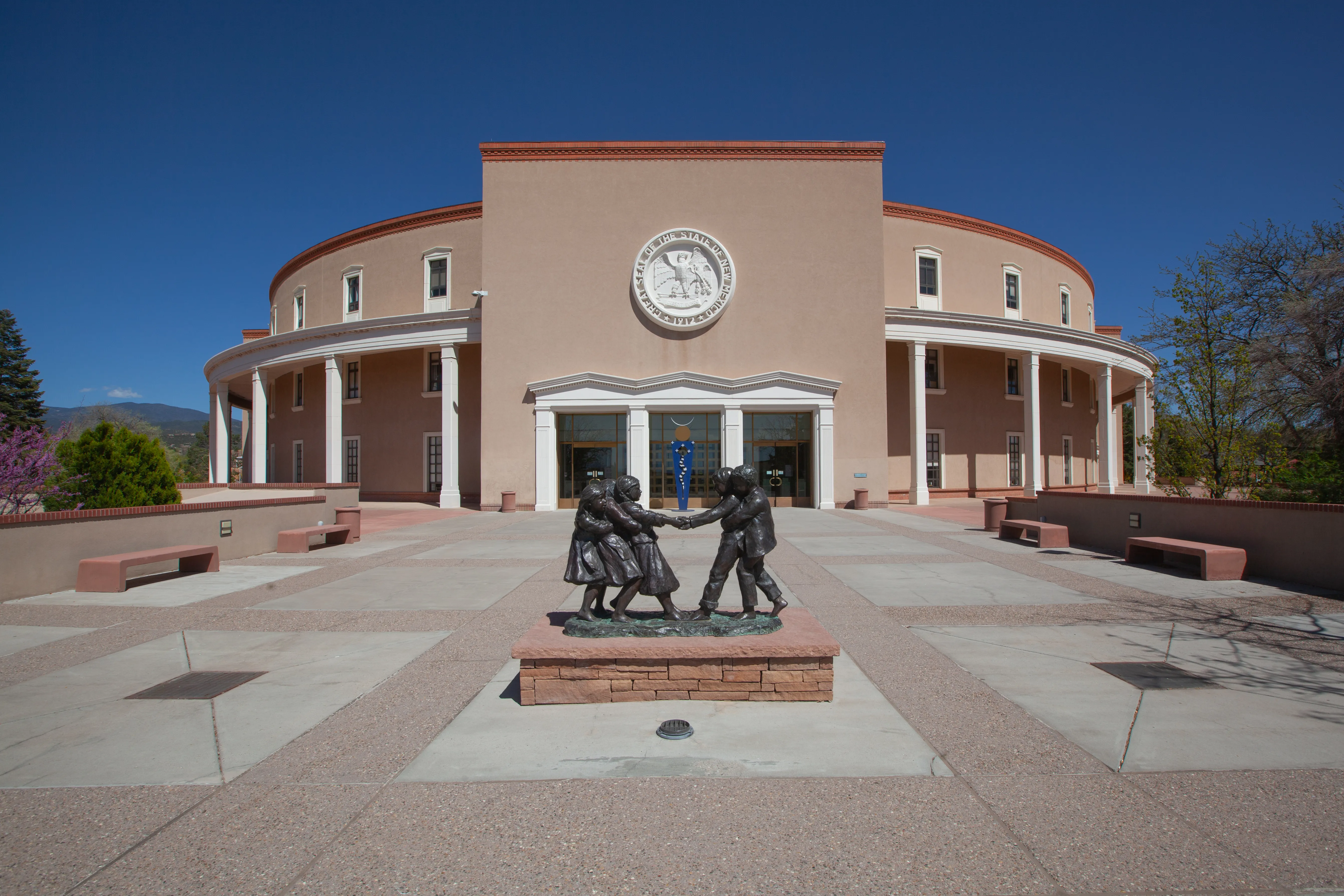
Despite opposition, Virginia pipeline expansion moves ahead
Click play to listen to this article.
(Virginia News Connection) Despite extensive opposition, the Virginia Reliability Project is moving forward.
This month, the state's Marine Resources Commission issued a wetlands permit for the project, although 175 Virginia residents submitted comments, all in opposition. The Virginia Reliability Project calls for constructing compressor stations and expanding a gas line which has been operating since the 1950s with a larger-diameter pipeline.
Anne Havemann, general counsel and deputy director of the Chesapeake Climate Action Network, said the project does not line up with Virginia's climate goals, and a report from the Federal Energy Regulatory Commission appeared to confirm it.
"In the final Environmental Impact Statement that FERC has to issue, it clearly said, 'This project will increase Virginia's climate emissions by 2 percent,'" Havermann reported.

She added legal action is being considered to halt the project. Some have voiced concern over locating part of the pipeline extension near Hillpoint Elementary School. Others cite safety concerns, after a pipeline explosion in July in Strasburg. The utility company, T.C. Energy, said the pipeline upgrade is needed for safety and energy efficiency.
A compressor station for the project would be built in Petersburg, which is already considered an environmental justice community. The Public Interest Network noted a new methane gas leak is reported about every 40 hours.
Charles Brown II, Hampton Roads organizer for the Chesapeake Climate Action Network, said it is common for projects with environmental risks to be built in majority-Black communities.
"You look at Petersburg being on the forefront of this kind of stuff," Brown observed. "Then you look at areas like parts of Suffolk and Chesapeake, where the residents have made it clear they don't want these projects because of the health impacts of construction, or just it being a methane pipeline."
Petersburg is ranked as the least healthy area in the state on the University of Wisconsin's County Health Rankings and Roadmaps.
















